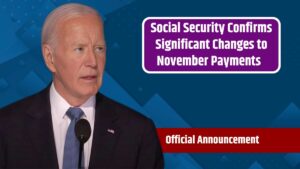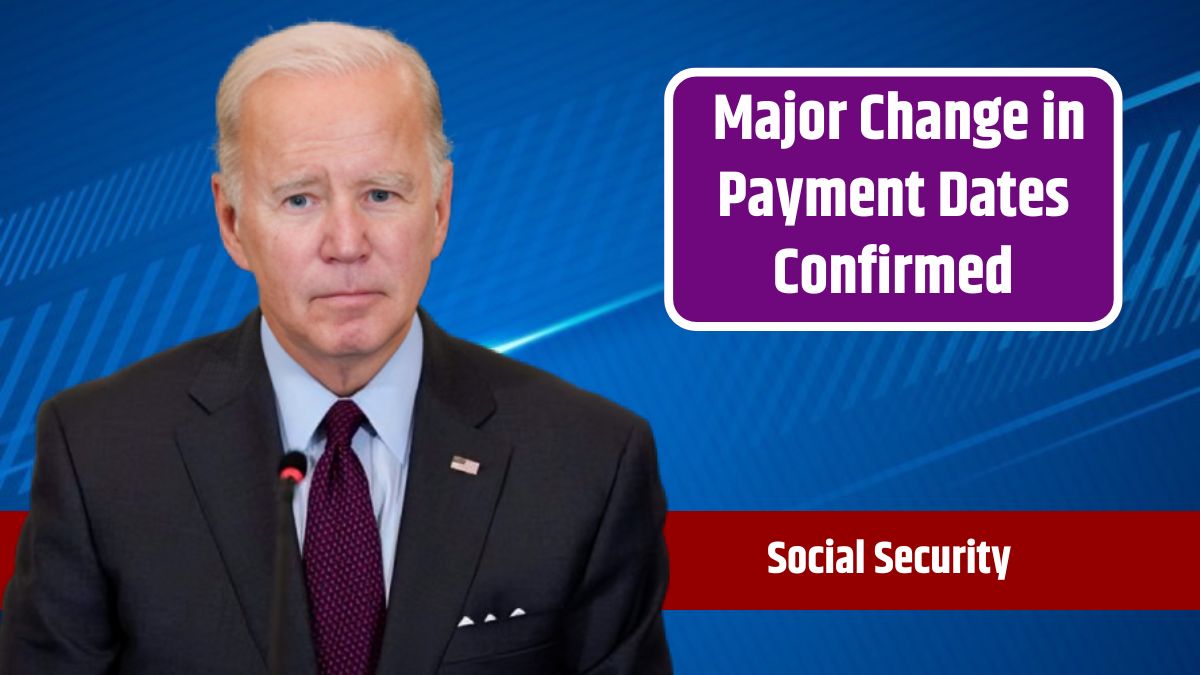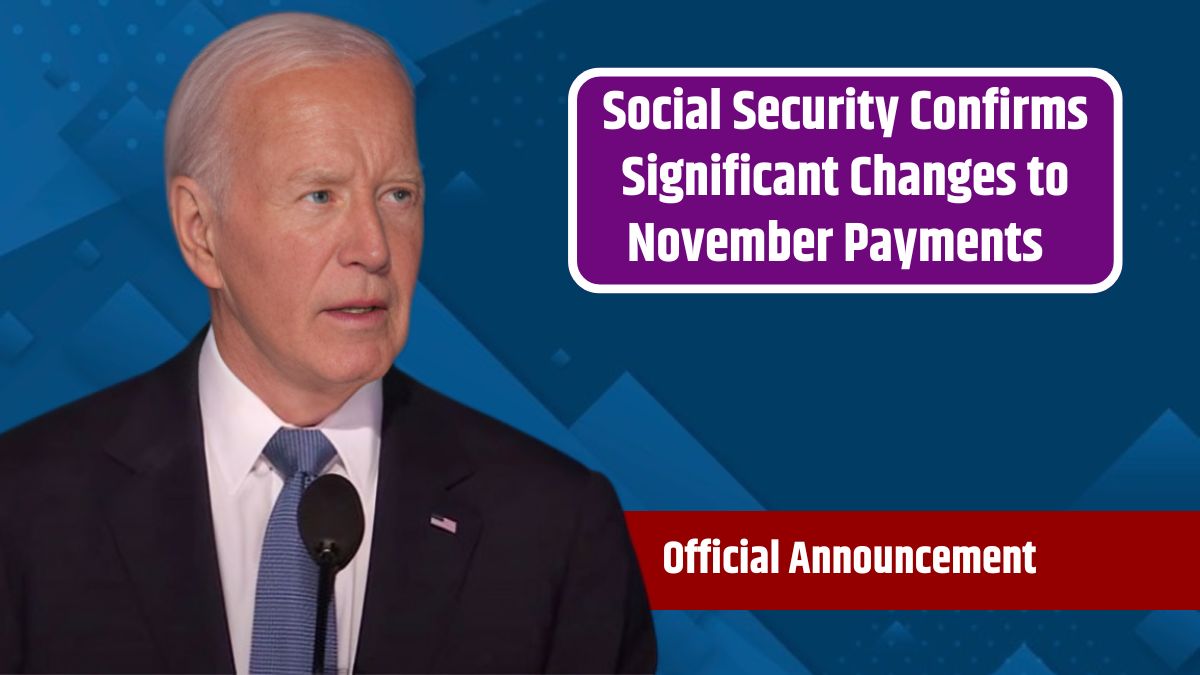In the wake of a significant data breach involving a major data broker, the personal information of millions of individuals has been compromised, including sensitive details such as Social Security numbers. This breach, allegedly orchestrated by the hacking group USDoD, has resulted in the release of approximately 2.7 billion records on an infamous online marketplace, raising serious concerns about identity theft, fraud, and other criminal activities. If you’re one of the many individuals affected, it’s crucial to take immediate action to protect yourself.
Scope of the Breach
The recent breach targeted National Public Data (NPD), a company that collects and provides personal information for background checks and other purposes. The compromised data includes full names, addresses, dates of birth, Social Security numbers, phone numbers, and potentially more. Given the sensitive nature of this information, the risks of identity theft and fraud are high. Hackers could use this data to open new accounts, take over existing accounts, or combine it with other breached information to create comprehensive profiles of victims for further exploitation.
Protect Your Identity
One of the most effective ways to protect yourself from identity theft is to freeze your credit with the three major credit bureaus: Experian, Equifax, and TransUnion. A credit freeze prevents anyone from accessing your credit report, making it much harder for criminals to open new financial accounts in your name. This process is free and can be done online, but remember to temporarily lift the freeze if you need to apply for credit or services that require a credit check.
Steps to Freeze Your Credit:
- Visit the websites of Experian, Equifax, and TransUnion.
- Follow the instructions to place a credit freeze on your account.
- Keep your PIN or password secure, as you’ll need it to lift the freeze when necessary.
Monitor Your Accounts
After freezing your credit, consider enrolling in a service that monitors your credit reports, bank accounts, and the dark web for signs of suspicious activity. Many companies that experience data breaches offer these monitoring services for free to affected individuals. While these services won’t prevent identity theft, they can alert you to potential fraud quickly, allowing you to take action to mitigate the damage.
Secure Your Online Accounts
Ensure all your online accounts are protected by strong, unique passwords. Password manager apps can help you generate and store complex passwords, reducing the risk of your accounts being compromised. Regularly update your passwords and avoid using the same password across multiple accounts.
Use Two-Factor Authentication:
- Enable two-factor authentication (2FA) on all accounts that offer it. 2FA adds an additional layer of security by requiring a second form of verification, such as a text message or authenticator app, before access is granted.
- Be cautious with your phone number, as scammers use techniques like SIM swapping to gain control over your accounts. Contact your mobile carrier to add extra protections, such as a passcode or a block on unauthorized device changes.
Staying Vigilant
As the fallout from the NPD breach continues, it’s essential to remain vigilant. Regularly check your credit reports for unfamiliar accounts or inquiries, and stay alert to any unusual activity in your bank and investment accounts. If you receive unsolicited emails, texts, or phone calls asking for personal information, be skeptical. Scammers often use information obtained from breaches to launch phishing attacks, so it’s important to verify the legitimacy of any communication before responding.
Victim of Identity Theft
If you observe that your identity has been stolen, take immediate action:
- Report the theft to the Federal Trade Commission (FTC) through their IdentityTheft.gov website, where you can create a recovery plan.
- Contact the fraud departments of your bank, credit card companies, and any other affected institutions to report the theft and secure your accounts.
- File a police report to document the crime, which may be necessary for resolving disputes with creditors.
The NPD data breach is a stark reminder of the importance of protecting your personal information. By taking proactive steps such as freezing your credit, securing your accounts, and monitoring for signs of fraud, you can reduce the risk of becoming a victim of identity theft. As cybersecurity threats continue to evolve, staying informed and vigilant is your best defense against potential financial and personal harm.
FAQs
What should I do if my Social Security number was reveal in the breach?
Freeze your credit with the major credit bureaus to prevent identity thieves from opening accounts in your name.
How does a credit freeze protect me?
A credit freeze blocks access to your credit report, making it difficult for criminals to open new accounts using your information.
Is signing up for credit monitoring enough to protect my identity?
Credit monitoring is helpful but should be combined with a credit freeze, strong passwords, and 2FA for comprehensive protection.
What is SIM swapping, and how can I protect against it?
SIM swapping is when scammers take control of your phone number. Protect yourself by setting up passcodes with your mobile carrier.
What are the signs of identity theft I should look for?
Watch for unfamiliar accounts, unauthorized transactions, or unexpected credit inquiries on your credit report and bank statements.









